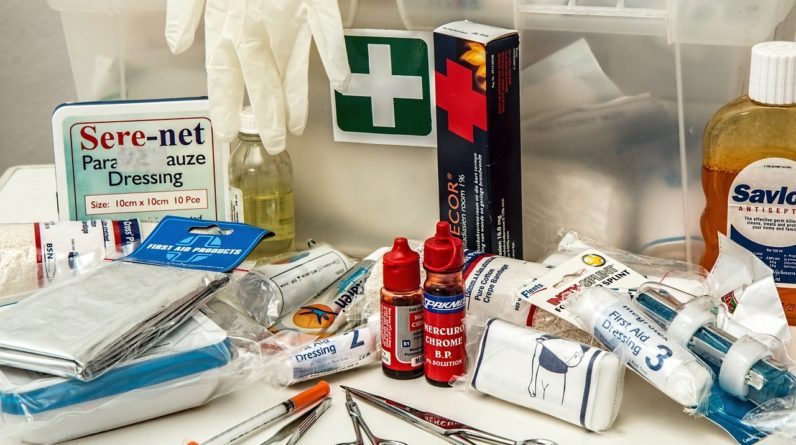
The dental health of a child’s teeth in its current state as well as over their lifetime is almost entirely dependent on their parents or their guardians. This is because the habits they develop are dependent on what they are taught. But, just how important is dental care for children? And does it have any bearing on their lives?
The short answer to both these questions is yes. Dental health is particularly important to children because of the effect poor dental healthcare has on their teeth. Typically, children like consuming sweets and treats thus expose their teeth to harsh sugars. What then happens is that once the child consumes these sugary foods, the environment then created is ideal for the proliferation of harmful bacteria. These bacteria then quite literally feed on the teeth, leading to the development of dental cavities.
Symptoms
The most important reason why you should prioritise dental health in your children is the symptoms that follow from the formation of dental cavities. The most immediate sign from the formation of these carries is toothaches. These tend to be quite painful, and as a result, the tooth aches, even more, when the child eats.
Depending on the damage, removal of teeth may be necessary causing a gap in the tooth. Since teeth are often kept in place by their relative positions to each other, tooth loss leads to a shift in the positioning of the surrounding teeth. This may lead to slanting teeth and a disfigured look.
In some cases, the child may even form a tooth abscess. This occurs when the bacteria cause a bacterial infection and finally form a small pocket of pus. This creates an environment for the formation of infections that may even be life-threatening.
Prevention
Now that we have covered the main reasons why children’s dental care should be taken seriously; we will cover the primary method of preventing the formation of cavities.
The most effective manner of doing this is by brushing your teeth. Children should be taught to brush at least twice a day, and specifically after consuming foods or drinks with excessive sugar. Brushing their teeth can be fun rather than a chore. You could let them pick out their own toothbrush, do it together as a family or why not make a game or song out of the process.
The toothpaste they use should at least contain fluoride. Another tip is to ensure that the child brushes in between the teeth as well as the tongue. Areas between the teeth are hard to reach and so serve as the ideal place for the formation of bacteria. Remember, the effects of poor dental hygiene may have ramifications in your child’s life throughout their life.
Read More:





